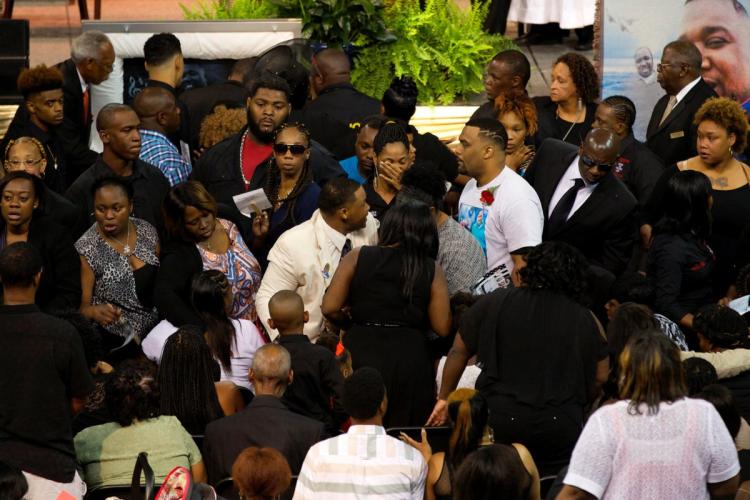The Solemnity of Our Lord Jesus Christ, King of the Universe
Dn 7:13-14; Ps 93: 1-2, 5; Rv 1:5-8; Jn 18: 33b-37
This Sunday – the final Sunday of our liturgical year – speaks a kind of last word about the Christ to whom we profess allegiance. It is the Feast of Christ the King, a feast that reminds us that our faith implies much for how we regard and interact with the political powers of this world. Instituted by Pope Pius XI in 1925, the feast was a deliberate response to the political landscape following World War I, including the rise of various dictators. The feast is a statement that true sovereignty lies with Christ – not in order to disengage us from politics but instead to actively oppose every trace of human cruelty.
The Feast of Christ the King is not simply telling us to use our power for good; it is demanding that we re-examine the nature of power itself. Power is on display in vivid colors at present. The powers of violence and fear – powers that have long been destroying and displacing – have seized anew the international stage. We see too the power of military retaliation, of economic sanctions, of border fences.
In her book, Comprehending Power in Christian Social Ethics, Christine Firer Hinze discusses two models of sociopolitical power: “power over” and “power to.” The first model – “power over” – is a coercive power that can control the decisions of others. The power holder is able to act against or in spite of others. It is easy to see the danger of this model since it can act contrary to dignity, freedom, and well-being. However, one can also imagine coercive power being utilized to secure another’s good. Thus, the “power over” approach might be either praised or denounced depending on the ends for which it is being employed. But the fundamental question posed by this Sunday’s feast is not how well we use our earthly “power over” one another. In this Sunday’s Gospel, Jesus asserts: “My kingdom does not belong to this world.” Here is a cue that the framework to be used is altogether different from the coercive power that is typically at the heart of political strategy.
For this framework, we might turn to Hinze’s second model: “power to.” This account of power relates to people’s ability to realize their ends by collaborating with one another. It focuses on a sort of efficacy in solidarity. Hinze regards “power to” as normative in sociopolitical practice, with “power over” occupying only a limited, instrumental role. In asserting that his kingdom does not belong to this world, perhaps we can say that Jesus also regarded “power to” rather than “power over” as normative. Even when directed to another’s good, coercive power seems lacking in perfection. The most honored virtues – faith, mercy, love – lose their virtuous character when compelled by an external force. On the other hand, power in the sense of “power to” is engaged in relationships and consonant with the virtuous fulfillment of one’s nature. “Power to” is on display when hourly workers give voice to their need for a living wage. “Power to” is on display when students who face countless racial microaggressions come together and demand the respect and inclusion due to them. “Power to” is there as well when women and men come together to question and demand change in global environmental practices. When they eschew coercion, these voices are particularly vulnerable. But power and vulnerability are in no way mutually exclusive. Jesus Christ on the cross has shown us as much.
So this Sunday, let us reflect on the true nature of power and let us test our faith. Do we believe in the power that fulfills in freedom and solidarity or the power that compels with fear and force?





Your framework of “power over” versus “power to” may have merit. Your examples of “power to” – racial micro aggressions, environmental practices, hourly workers – can hardly be “power to” when people are demanding others accommodate them. Its just coercive power in another form.